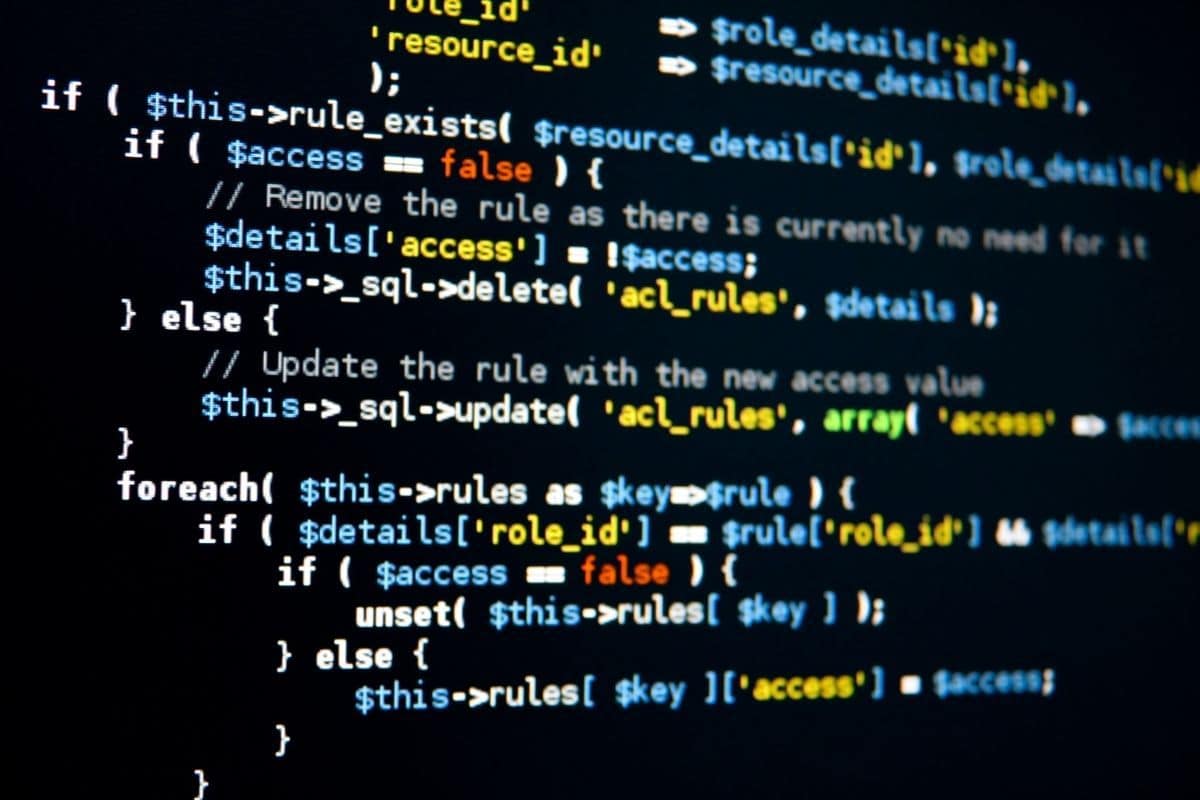Improving coding efficiency is crucial for writing high-quality and maintainable code. Here are some tips to help you enhance your coding efficiency
Plan and design: Before diving into coding, spend time planning and designing your solution. Clearly understand the problem you’re solving, break it down into smaller tasks, and create a roadmap for implementation. This helps you write focused and efficient code.
Use efficient algorithms and data structures: Choose the appropriate algorithms and data structures for your problem. Understanding the time and space complexity of different options can significantly impact the efficiency of your code.
Keep code modular and reusable: Break your code into smaller, self-contained modules or functions that perform specific tasks. This allows for easier debugging, testing, and code reuse in the future. Modular code is also easier to read and understand.
Write clear and concise code: Use meaningful variable and function names that reflect their purpose. Write code that is easy to read and understand, not only by others but also by yourself in the future. Follow coding best practices and style guides to ensure consistency.
Avoid code duplication: Duplicate code leads to maintenance issues and increases the chances of introducing bugs. Look for opportunities to refactor and extract common functionality into reusable functions or classes.
Optimize critical sections: Identify critical sections of your code that require better performance and optimize them. This could involve using more efficient algorithms, reducing unnecessary operations, or utilizing caching techniques.
Profile and benchmark your code: Use profiling tools to identify bottlenecks in your code and measure its performance. This helps you focus your optimization efforts on the most critical parts of your codebase.
Write automated tests: Develop a habit of writing automated tests for your code. This helps you catch bugs early, ensures code correctness, and provides a safety net when making changes or refactoring existing code.
Use appropriate libraries and frameworks: Leverage existing libraries and frameworks that provide efficient and tested solutions to common problems. However, be mindful of not introducing unnecessary dependencies that could impact the overall efficiency of your codebase.
Continuously learn and improve: Stay up to date with the latest programming techniques, languages, and tools. Regularly review and refactor your code to incorporate new learnings and improve its efficiency.
Written by Stephen Afape



